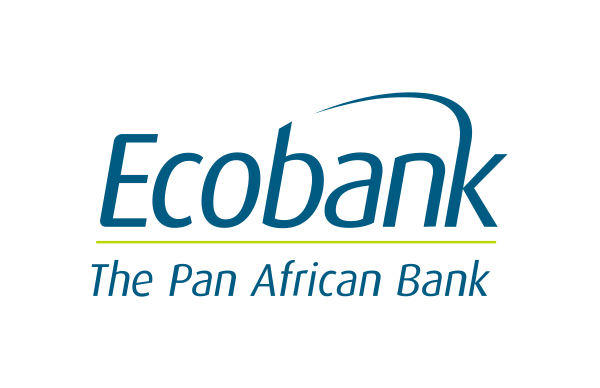Ecobank has debunked media reports alleging overstatement of its balance sheet and income statements emanating from incorrect exchange rates in translating the financial statements of our affiliate entities, especially Nigeria.
“The attention of the ETI Group has been drawn to recent publications in some online media alleging overstatement of ETI’s balance sheet and income statements emanating from incorrect exchange rates in translating the financial statements of our affiliate entities, especially Nigeria.
“We want to use this medium to allay the fears of any of our shareholders, creditors, and other stakeholders resulting from the unfounded allegation contained in the said publications.
“The deterioration of the Naira in 2016 led to the creation of different windows for various segments of the economy leading to foreign currencies being traded in these markets/windows at different rates and thus leading to a multiple exchange rate system in Nigeria.
“The existence of multiple FX markets with different exchange rates as well as the accessibility to such markets necessitates the review of the appropriate exchange rates that entities should use in accounting for and reporting its foreign currency transactions as well as foreign investments into Nigeria under International Financial Reporting Standards (IFRSs).
“IAS 21 ‘The effects of changes in foreign exchange rates’, requires that a foreign currency transaction should be recorded at initial recognition in the functional currency using the spot exchange rate at the date of transaction (IAS 21, paragraph 21).
IAS 21 paragraph 8 defines the spot exchange rate as the exchange rate for immediate delivery. Where a country has multiple exchange rates, an official quoted rate should be used as the spot rate.
Nigeria currently has multiple exchange rates and judgment is required to determine which exchange rate qualifies as a spot rate that can be used for translation under IAS 21.
In determining whether a rate is a spot rate, an entity is required to consider whether the currency is available at an official quoted rate and whether the quoted rate is available for immediate delivery.
The CBN official rate, Nigeria Inter-bank Foreign Exchange Fixing (NIFEX) rates and the Nigerian Autonomous Foreign Exchange Fixing (NAFEX) rates are all quoted and can be used to convert or translate foreign currency transactions.
Thus, the CBN official, NIFEX or NAFEX rates all technically comply with the requirements of IAS 21.
As a policy within Ecobank Group, we use the official rate in the respective jurisdictions in which we operate to translate the results and balances of our affiliates into the Group’s reporting currency, the US Dollar.
As a result, and in exercising the judgment allowed for within IAS 21, the Group currently uses the CBN official rate which is one of the 3 quoted rates and the official exchange rate according to the CBN.
The use of this rate complies with IAS 21 and has been publicly disclosed to the market in all our press releases along with the impact of using the other available rates.
This is done so that users of our financial statements can easily quantify and adjust for the use of the other exchange rates if necessary.
Most of our peers in Nigeria used the CBN rate in 2017, before switching to NIFEX towards the end of the year. In 2018, they have gradually settled at a blend of both NIFEX and NAFEX.
The use of the CBN rate is in accordance with the group’s policy which is to apply the official rates.
This policy and its application are compliant with IFRS and specifically IAS 21.
To enable comparison and to ensure that the user of the group’s financial statements is not prejudiced in any way, we have adequately disclosed in our various press releases and investor presentations the fact that we have used the CBN official rate in addition to disclosing the expected impact on our results of using alternative available rates.
At its November board meeting, the Board of ETI approved the adoption of the NAFEX rate as the rate to be used for the translation of our operations in Nigeria. The change has been necessitated and approved in response to developments in the industry especially with the ETI’s peers moving away from the use of the CBN official rate.
Ecobank denies allegations
RELATED ARTICLES




